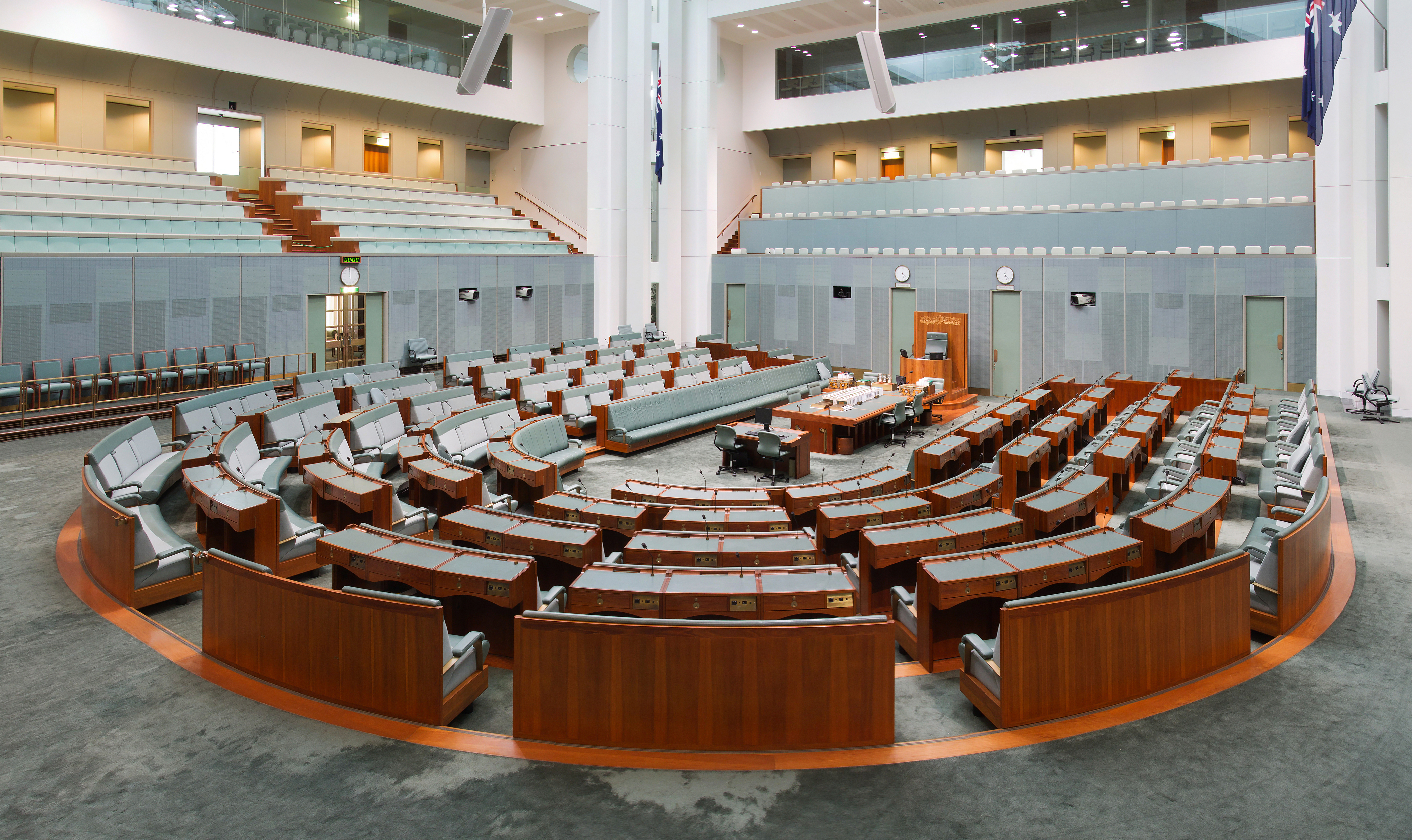Treasurer Scott Morrison said last week that the Harper Review has the potential to unlock major opportunities for the Australian economy. Originally shelved by the Abbott Government earlier this year, the Turnbull Government will likely act on some of the 56 recommendations included in the competition policy review.
The Harper Review looked at competition policy across the Australian economy, specifically to investigate ways to boost productivity and to secure fiscal sustainability. The final report was released on 6 March 2015.
CapitalHill looks at some key recommendations made by the Panel which may affect business.
Changes to the Competition and Consumer Act 2010 (CCA)
The Review recommended changes to simplify the language used to identify concepts, provisions and definitions of the CCA.
Section 5 of the CCA pertaining to extra-territorial reach of competition law could be amended to remove the requirement that the contravening firm has a connection with Australia. The review also recommended the removal of the requirement for private parties to seek ministerial consent before relying on extra-territorial conduct in private competition law actions.
Amendments could be made to cartel conduct prohibitions set out in Part IV, Division 1 of the CCA, possibly including the exemption for joint ventures.
Price signalling provisions could be repealed, along with any other amendments made since 2007.
Transport amendments
In an attempt to streamline the roads sector with other infrastructure sectors, indirect taxes and charges, such as fuel excise and registration fees, could be reduced as road pricing is introduced. This means road authorities would charge directly for road use, and allocate the revenue raised to the network’s construction and operating costs. This also includes a cross-jurisdictional approach to road pricing.
The Panel recommended that Part X of the CCA be repealed. This provision allows liner shipping operators to enter into agreements among themselves in relation to the freight rates charged, and the quantity and kinds of cargo to be carried on particular trade routes. It is recommended a transitional period of two years be allocated.
The current air-freight and coastal cabotage restrictions could be removed. This would include all air cargo as well as passenger services to specific geographic areas, such as island territories and poorly served routes. The introduction of an air cabotage permit system would be one way of regulating air cabotage services.
It was also recommended that the regulations that restrict numbers of taxi licences and therefore competition in the taxi industry be loosened to ensure minimum standards for competition from disrupters like Uber, rather than prohibit competition entirely.
The establishment of the Australian Council for Competition Policy (ACCP)
The Council would be mandated to provide leadership and drive implementation of the evolving competition policy agenda. Its role would be to advise governments on how to adapt competition policy to changing circumstances facing consumers and business.
The ACCP would have the power to undertake competition studies of markets in Australia and make recommendations to relevant governments on changes to regulation, or to the ACCC for investigation of potential breaches of the CCA.
The ACCP could also undertake post-merger evaluations as an oversight mechanism for the ACCC’s processes and assessments.
The establishment of a single National Access and Pricing Regulator
This new body would subsume the access and pricing regulatory functions of the ACCC.
One particular recommendation is the transfer of responsibility for reliability standards for gas and electricity to this national framework.
Changes to the regulatory powers of the ACCC
The ACCC could be given the right to intervene in proceedings before the Fair Work Commission and make submissions concerning compliance with provisions set forth in the CCA.
The ACCC could be empowered to grant exemptions for certain restrictions in the CCA if it is satisfied that the conduct would not be likely to substantially lessen competition.
A block exemption power could be introduced to enable the ACCC to create safe harbours, where conduct or categories of conduct are unlikely to raise competition concerns.
Intellectual property
The Panel recommended that the Productivity Commission undertake a year-long review of Australia’s intellectual property mechanisms.
This review would assess competition policy issues arising from new developments in technology and markets; and the principles underpinning the inclusion of intellectual property provisions in international trade agreements.
The Panel also recommended that the IP licensing exception in subsection 51(3) of the CCA should be repealed.
Pharmacy
The review recommended that current restrictions on ownership and location of pharmacies are not needed. The review recommended that the pharmacy ownership and location rules should be removed in the long-term interests of consumers.
Negotiations on the next Community Pharmacy Agreement offer an opportunity for the Australian Government to implement a further targeted relaxation of the location rules.
Changes in this sector may allow for pharmaceutical products to be sold in supermarkets. However, any changes to pharmacies may have come too late as the Abbott Government already extended restrictions for another five years.
Electricity and Gas
State and Territory governments have been urged to finalise the energy reform agenda including the application of the National Energy Retail Law and the deregulation of both electricity and gas retail prices.
The Review recommends the inclusion of Western Australia and the Northern Territory in the National Electricity Market.
Energy regulation is also recommended to be separated out from the functions of the ACCC and the Australian Energy Regulator and transferred to the oversight of the National Access and Pricing Regulator.
Collective Bargaining
It was recommended that the CCA should be reformed to introduce greater flexibility into the notification process for collective bargaining by small business.
The ACCC may be empowered to impose conditions on notifications involving collective boycott activity.
The timeframe for ACCC assessment of notifications for conduct that includes collective boycott activity is recommended to be extended from 14 to 60 days.
Immediate reforms on Red-Tape and regulation
The panel recommended that the remaining restrictions on retail trading hours should be removed. It proposed restrictions should be limited to Christmas Day, Good Friday and the morning of ANZAC Day.
Consistent with the recommendations of recent Productivity Commission reviews, parallel import restrictions on books and second-hand cars have been recommended to be removed, subject to transitional arrangements as recommended by the Productivity Commission.
In order to strengthen accountability and transparency, all Australian governments could require government businesses to include a statement on compliance with competitive neutrality principles in their annual reports.
It was recommended the government review the policies governing commercial arrangements with the private sector and non-government organisations, including procurement policies, commissioning, public-private partnerships and privatisation guidelines and processes.
The panel reviewed whether undue planning and zoning restrictions are inhibiting competition and recommended a re-assessment of business and industrial zones.
Mandatory product standards, standards that are directly or indirectly mandated by law, including where international standards can be adopted in Australia are to be subject to further review.
Lastly, the Panel recommended a review of competitive neutrality policies during the start-up stages of government businesses, including the period of time over which start-up government businesses should earn a commercial rate of return and threshold tests for identifying significant business activities.



